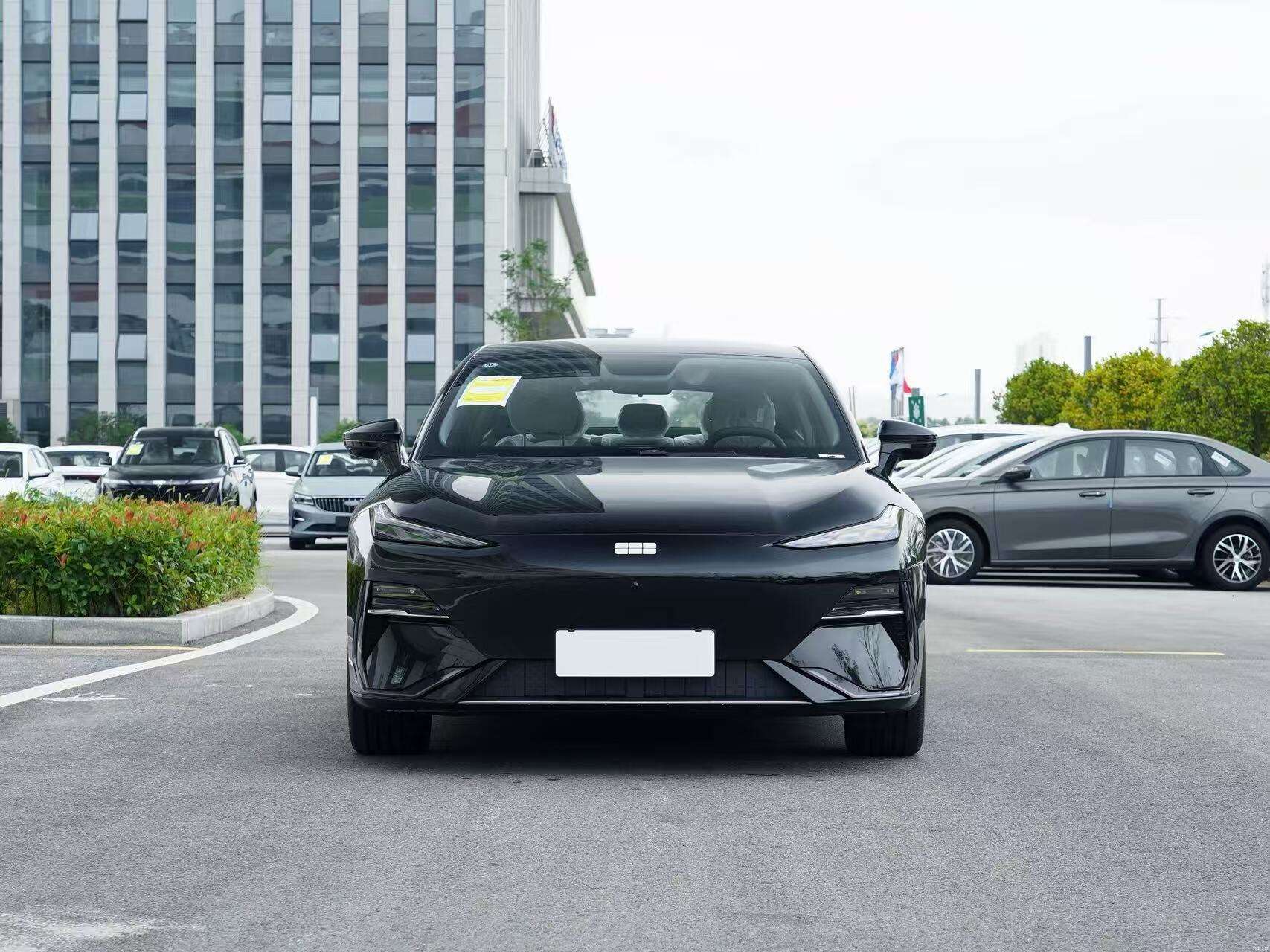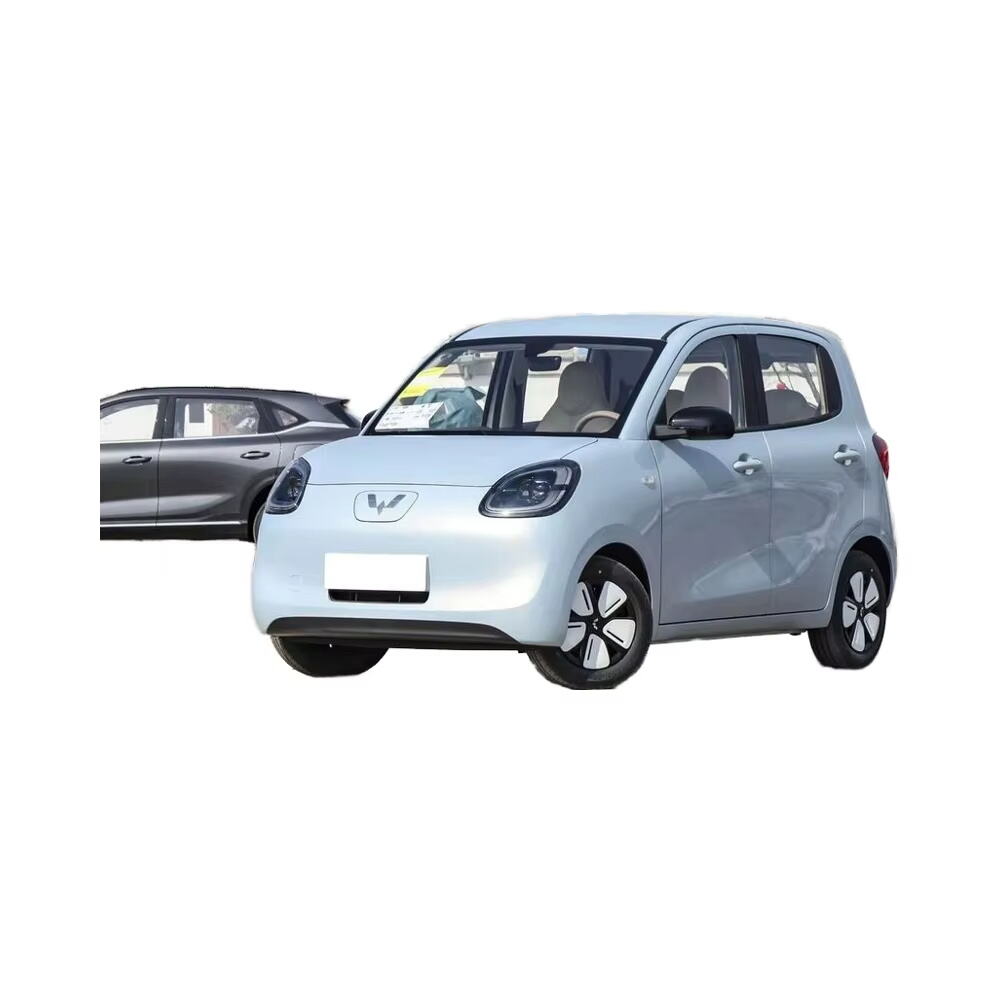green hydrogen vehicles
Green hydrogen vehicles represent a groundbreaking advancement in sustainable transportation, utilizing hydrogen fuel cells to generate electricity through a chemical reaction between hydrogen and oxygen. These vehicles combine innovative fuel cell technology with electric powertrains to deliver zero-emission mobility solutions. The system works by storing compressed hydrogen in specialized tanks, which is then converted into electrical energy through the fuel cell stack to power the electric motor. Unlike traditional electric vehicles, green hydrogen vehicles can be refueled in minutes, offering ranges comparable to conventional gasoline vehicles. The technology incorporates advanced safety features, including robust storage tanks, sophisticated leak detection systems, and multiple fail-safes. These vehicles are particularly valuable in heavy-duty applications, such as long-haul trucking, buses, and industrial equipment, where battery electric solutions may face limitations. The infrastructure supporting green hydrogen vehicles continues to expand, with growing networks of hydrogen refueling stations in many countries. The vehicles' only emission is water vapor, making them truly environmentally friendly when the hydrogen is produced using renewable energy sources.


